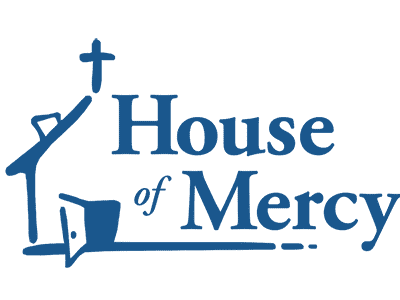July 18th, 2024

Program funded by a $265,000 federal grant, focuses on training and certifying Black, Indigenous and People of Color (BIPOC) as peer advocates.
Monroe County Executive Adam Bello joined by Congressman Joe Morelle today announced a new mental health and substance use peer advocate training program focused on training BIPOC peers. The program is facilitated by the House of Mercy. The Monroe County Office of Mental Health (MCOMH) received a $265,000 grant from the Substance Abuse and Mental Health Services Administration (SAMSHA) after applying for Community Project Funding through Congressman Morelle’s office.
Under a contract with MCOMH, the House of Mercy provides training and support to individuals pursuing certification as peers in mental health and substance use disorder.
“Monroe County has a deep commitment to supporting those struggling with substance use and mental health challenges, and we recognize the need for increased diversity in the mental health and substance use disorder workforce,” said County Executive Bello. “This program values individuals with lived experiences, people who know what it’s like to struggle with addiction or mental health challenges, and provides them with resources to develop skills and strategies to help others. I am grateful to Congressman Morelle for his support of this program, and Dr. April Aycock the Director of Monroe County’s Office of Mental health for her vision and commitment to equity.”
The program seeks to train and certify at least 30 individuals a peer advocates. House of Mercy has already supported its first cohort of peer advocates with 13 individuals receiving training to become Certified Recovery Peer Advocates. The program is now focusing on a second cohort with 27 individuals receiving mental health peer advocacy training.
“This program is a shining reflection of our commitment to mental health advocacy, and the power of empathy and understanding,” said Congressman Joe Morelle. “I'm proud to have secured $265,000 for this program, and I am grateful to County Executive Bello for his commitment to investing in mental health services in our community. I look forward to our continued work together to prepare professionals with the knowledge, skills, and most importantly, the empathy to be strong advocates for mental health in our community.”
Research links the use of peer advocates to an increase in positive health outcomes. Peer advocates provide an additional perspective to that of clinicians and those with lived experiences are often better able to connect with those struggling with substance use or mental health challenges. The training and use of BIPOC peers in health and mental health fields was a recommendation of City of Rochester and Monroe County’s Joint Commission on Racial and Structural Equity (RASE Commission).
“This was the first project my team and I undertook as Director of the Office of Mental Health, and I am so proud to see it come to fruition,” said Dr. April Aycock, Director of Monroe County’s Office of Mental Health, “Locally and across the country we have seen an increased demand for black and brown clinicians within the health and substance use disorder workforce. It is critical that we diversify our behavioral health workforce to be reflective of the community we serve, and this program is a critical step in the right direction. I am thankful to County Executive Adam Bello and Congressman Joe Morelle for their support of this program. Thank you, Dr. Tammy Butler and House of Mercy for partnering with Karen James-Rogers of EE Pathways and Van Smith of Recovery Houses of Rochester to help implement this needed program.”
In addition to training and preparation for certification, House of Mercy also offers support with job skills, resume writing, interviewing preparation, and other wrap around services to program participants.
“House of Mercy is excited about this program and believes it will help diversify the peer advocate workforce, create job opportunities, and contribute to the economic and social well-being of BIPOC communities,” said Dr. Tammy Butler, Executive Director of the House of Mercy, “By addressing the disproportionate mental health challenges faced by BIPOC individuals, House of Mercy envisions a future with equitable access to care and robust employment pathways for historically underrepresented populations. We are grateful for the Monroe County Office of Mental Health's partnership in this critical endeavor. Together, we can create a more just and supportive community for all.”
Individuals interested in learning about the peer advocacy program can contact the House of Mercy at [email protected] or by phone at 585-546-2580.













